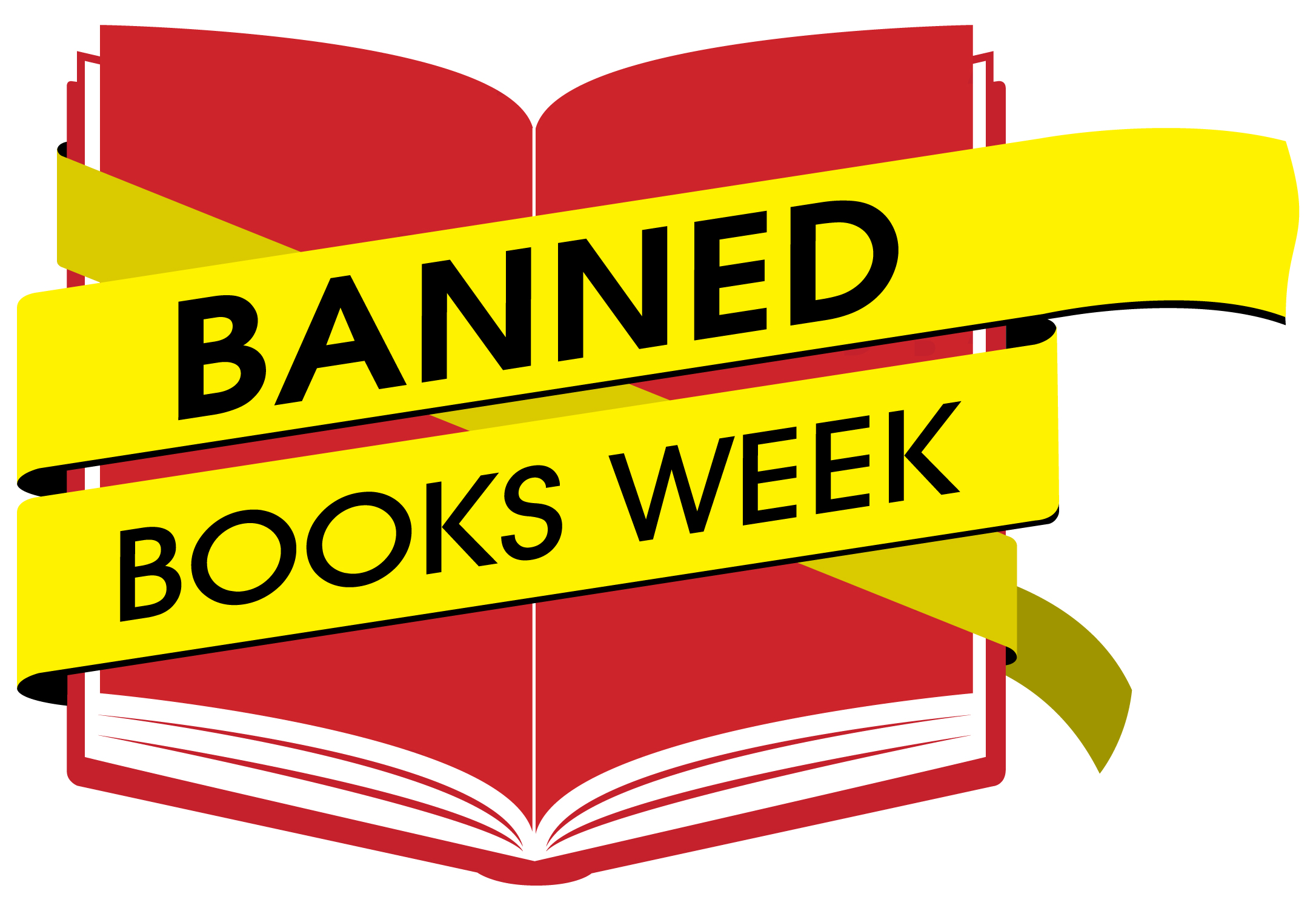
Is #RonDFL really trying to turn Florida’s classrooms into The Sunshine State's political battlefield at the polls?
The Florida Department of Education is rejecting dozens of math textbooks from the curriculum, claiming the books are including references to critical race theory and other banned topics, including social-emotional learning and Common Core.
The state threw out 54 of the 132 books submitted for consideration, including a whopping 71% of the books submitted for elementary schoolers. Commissioner of Education Richard Corcoran said the books didn’t align with Florida’s new content rules, known as the Benchmarks for Excellent Student Thinking.
Ron DeSantis accused publishers of sneaking indoctrinating concepts like race essentialism into textbooks. However, state officials did not list which textbooks it is rejecting or give specific examples of passages that ran afoul of these co-called benchmarks.
Meanwhile, #SlashDotNews reports The Banned Book Club at Firefly Bookstore [started by 8th grader Joslyn Diffenbaugh] read George Orwell's "Animal Farm" as its first pick. While the satirical novella, which makes a pointed critique of totalitarianism, isn't one of the books currently being challenged in the US, it was banned in the Soviet Union until its fall and was rejected for publication in the UK during its wartime alliance with the USSR. And it faced challenges in Florida in the '80s for being "pro-communist." That history made for some thought-provoking conversations. "It taught a lot because it had references to different forms of government that maybe some adults didn't like their kids reading about, even though it was run by pigs," Diffenbaugh said. "I really thought it shouldn't have been banned for those reasons, or at all."
Teenagers at the Common Ground Teen Center in Washington, Pennsylvania, formed a banned book club soon after a Tennessee school district voted to remove "Maus" from an eighth-grade curriculum. But while the graphic novel about the Holocaust was the catalyst for the club, says director Mary Jo Podgurski, the first title they chose to read was, fittingly, "Fahrenheit 451" — the 1953 dystopian novel about government censorship that itself has been challenged over the years. "Obviously this whole idea of taking away books that they wanted to read or that they thought they should read sparked a nerve in them," said Podgurski, an educator, and counselor who oversees the Common Ground Teen Center.
Since reading "Fahrenheit 451," the club has also discussed "Animal Farm" and "1984," which have been challenged for their political themes and sexual content. So far, the young readers at the Common Ground Teen Center have been puzzled as to why those books were once deemed inappropriate. "I often wonder, do adults understand what kids have on their phones?" Podgurski said. "They have access to everything. Saying 'don't read this book' shows that you're not understanding teen culture. Young people have access to such information. What they need is an adult to help them process it."
Book banning efforts are inspiring readers to form banned book clubs https://www.cnn.com/2022/04/15/us/banned-book-clubs-cec/index.html
Some call me GB, which stands for grandpa bob. I hope that my grandkids from K-through BA will find a way to read whatever the heck they want to read. NO TOTALIARISM, COMMUNISM, or any other ism.